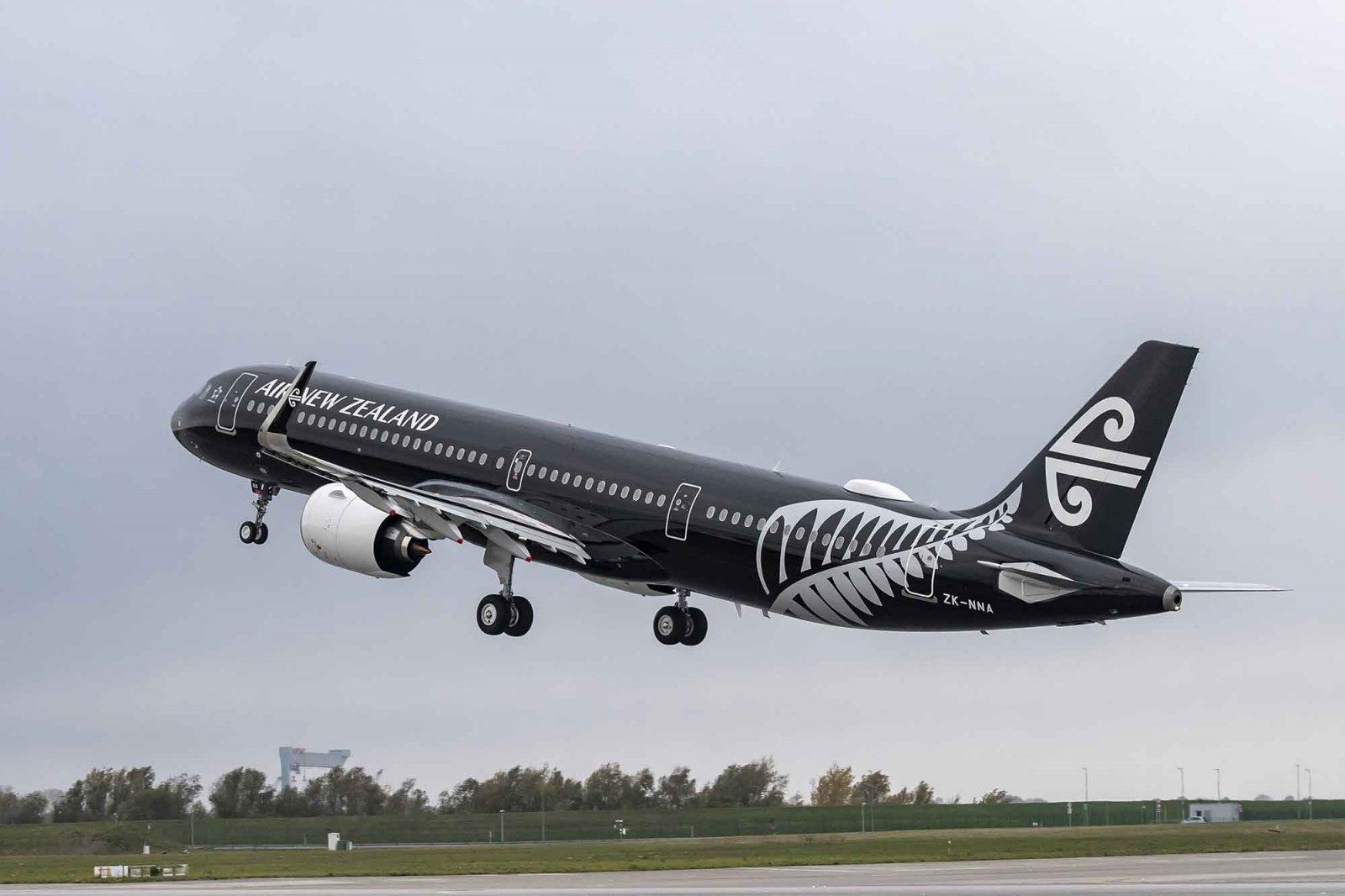A group of six Air New Zealand international flight attendants has failed in their attempt to claim unjustified dismissal after they did not receive the Covid-19 vaccine.
The flight attendants were terminated in 2021 for failing to meet the statutory vaccination requirements that were in place at the time.
Air New Zealand said its actions were consistent with what a fair and reasonable employer would have done.
On July 12, 2021, new regulations mandated that international cabin crew members and pilots be vaccinated. They were required to receive the first dose of the Pfizer vaccine by September 30, followed by the second dose within 35 days of the first.
In late August of that year, Air New Zealand invited the affected cabin crew members to a meeting to discuss the new changes. The meeting did not take place, and in September, a lawyer reached out to the airline on their behalf.
Legal representatives from both sides discussed the vaccination, the possibility of termination, and the group’s removal from duty.
The meeting was held on October 4, during which Air New Zealand outlined alternative options for the applicants, including leave without pay and potential redeployment.
The applicants contended that their situation should be considered a redundancy.
Following the meeting, it was determined that redeployment was not feasible, and the flight attendants declined the offer of leave without pay.
They continued to assert that they had been made redundant and, therefore, the redundancy provisions of the collective agreement should apply. Air New Zealand disagreed with this position.
On December 8, they filed a personal grievance, which has since been reviewed by the Employment Relations Authority.
According to authority member Alex Leulu, “Much of the applicants’ submissions focused on whether the Pfizer vaccine was a valid response to the Covid-19 epidemic and whether Air New Zealand had properly scrutinised its use in the workplace.”
Leulu said they also contended Air New Zealand lacked the authority to mandate vaccination or to terminate employment.
“The applicants also claimed Air New Zealand had acted unreasonably by failing to provide the applicants with adequate redeployment options to work in other areas of the company.”
“They claimed Air New Zealand should have given them the option to continue to carry out their duties by allowing them to work on quarantine-free travel flights [QFT].”
“Although the applicants accepted they were offered the option to take leave without pay, they said they declined the offer because it was uncertain whether they would return to their positions.
Some of the applicants said their situation was further complicated when they were denied the opportunity to withdraw funds from their superannuation scheme.
Leulu said, “The applicants appeared to lay some blame on Air New Zealand for the scheme provider’s decision to decline the applicants’ fund withdrawal.”
Air New Zealand stated that its actions were justified, explaining that the attendants’ refusal to be vaccinated meant they were no longer legally permitted to perform their duties.
“Air New Zealand also claimed it appropriately explored alternatives to ending the applicants’ employment by considering redeployment and offering an option for leave without pay for a year. These options were declined by the applicants for different reasons.”
Leulu said the applicants were part of a group required to be vaccinated under the July 2021 Covid-19 Public Health Response Order.
“After ongoing communications with the applicants and reasonable attempts to try and source an alternative to ending the employment relationship, Air New Zealand terminated the applicants’ employment… Air New Zealand’s process and its reasons for ending the employment relationship with the applicants were actions of a fair and reasonable employer in all the circumstances at the time,” Leulu added.
“The applicants had not established grounds for personal grievances for unjustified dismissal.”
The request for exemplary damages was likewise rejected.












